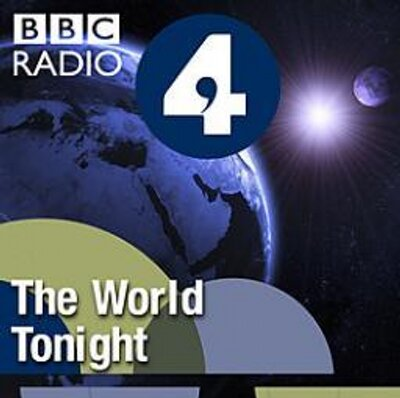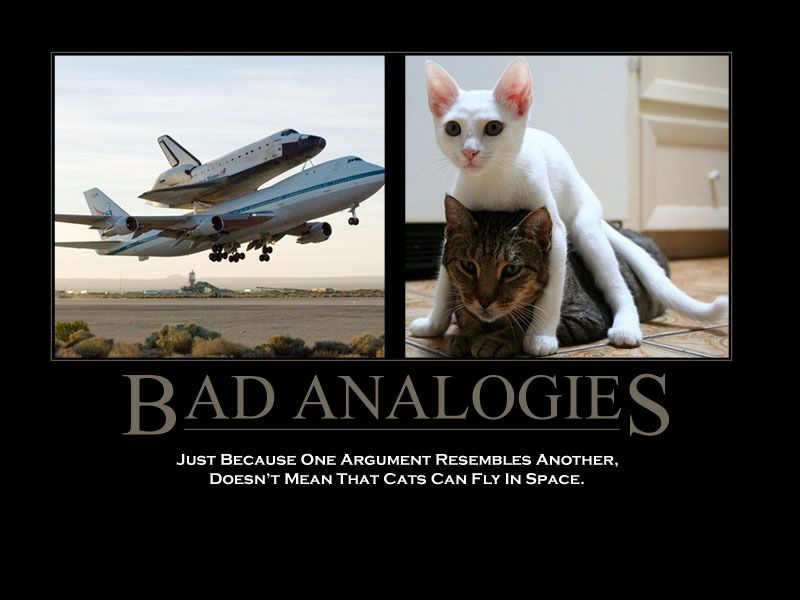In recent years the BBC has promoted the notion of Palestinian support for a two-state solution, telling its audiences that:
“It is unclear whether the [US administration] plan will be based on the so-called “two-state solution” – a long-standing formula for resolving the conflict by creating a Palestinian state alongside Israel, with Jerusalem a shared capital.
The Palestinians and most of the international community support this approach in principle, while the Israeli leadership is cooler towards it.” [emphasis added]
We have in the past observed here that such a portrayal avoids the obviously inconvenient fact that the Palestinians have repeatedly rejected offers based on the two-state solution that the BBC claims they “support” and that the BBC’s implication that there is one unified Palestinian voice which aspires to a two-state solution is clearly inaccurate and misleading. Hamas and the Palestinian Islamic Jihad obviously do not share that aspiration and in October this year the head of the Palestinian mission to the UK described it as “a Palestinian concession” while rejecting the idea of a “shared capital in Jerusalem”.
Palestinian Media Watch provides some insights into views on that topic recently expressed by members of the dominant PA’s Fatah faction.
“[Murad] Shtewi [media spokesman, Fatah Qalqilya branch] emphasized that the Palestinian people will not relinquish a grain of soil from the land of historical Palestine from the [Mediterranean] Sea to the [Jordan] River, despite the American administration’s attempts to allow the occupation state to expand the settlement and legitimize it, and he demanded that our people carry out a popular revolution against the occupation everywhere.” [Official PA daily Al-Hayat Al-Jadida, Nov. 30, 2019] […]
Head of Fatah’s Jenin Branch Ata Abu Rmeileh: “Our God has honored us and placed us in this land to stand against the invaders and the oppressors. The Tatars, the Mongols, the Crusaders, and the British have left, and these [Israelis] will leave, they will leave [too]. We are carrying out Ribat (i.e., religious conflict over land claimed to be Islamic) in this land. We in the Fatah Movement… today we are at the beginning of an ongoing confrontation, and are not making do with a rally or procession.” [Official PA TV, Giants of Endurance, Nov. 28, 2019]
“No one can force the Palestinians to renounce their homeland’s borders, its name, the shape of its map, and the position of its neighbors’ names in memory, and there are two strong neighbors that have been adjacent to Palestine and protecting it since the dawn of history: The [Mediterranean] Sea to the west and the [Jordan] River to the east – and no one has a right to describe the land that they are protecting between [the river and the sea] with any description other than Palestine.” [Official Fatah Facebook page, Nov. 29, 2019]
BBC audiences of course never get to hear such voices – which contradict the BBC’s own narrative of Palestinians committed to a peaceful two-state solution. Were they to do so, the BBC’s licence fee paying public might of course have a better appreciation of the context to the chant ‘from the river to the sea’ which they often encounter on their own streets and hence be better positioned to “participate in the democratic process, at all levels, as active and informed citizens” as the corporation’s public purposes require.
Related Articles:
BBC News plugs PA rejection of US peace initiative
Examining the BBC’s claim of Palestinian support for the two-state solution




